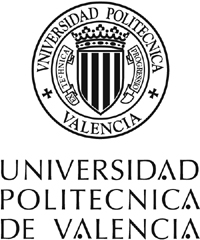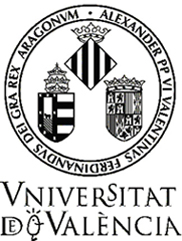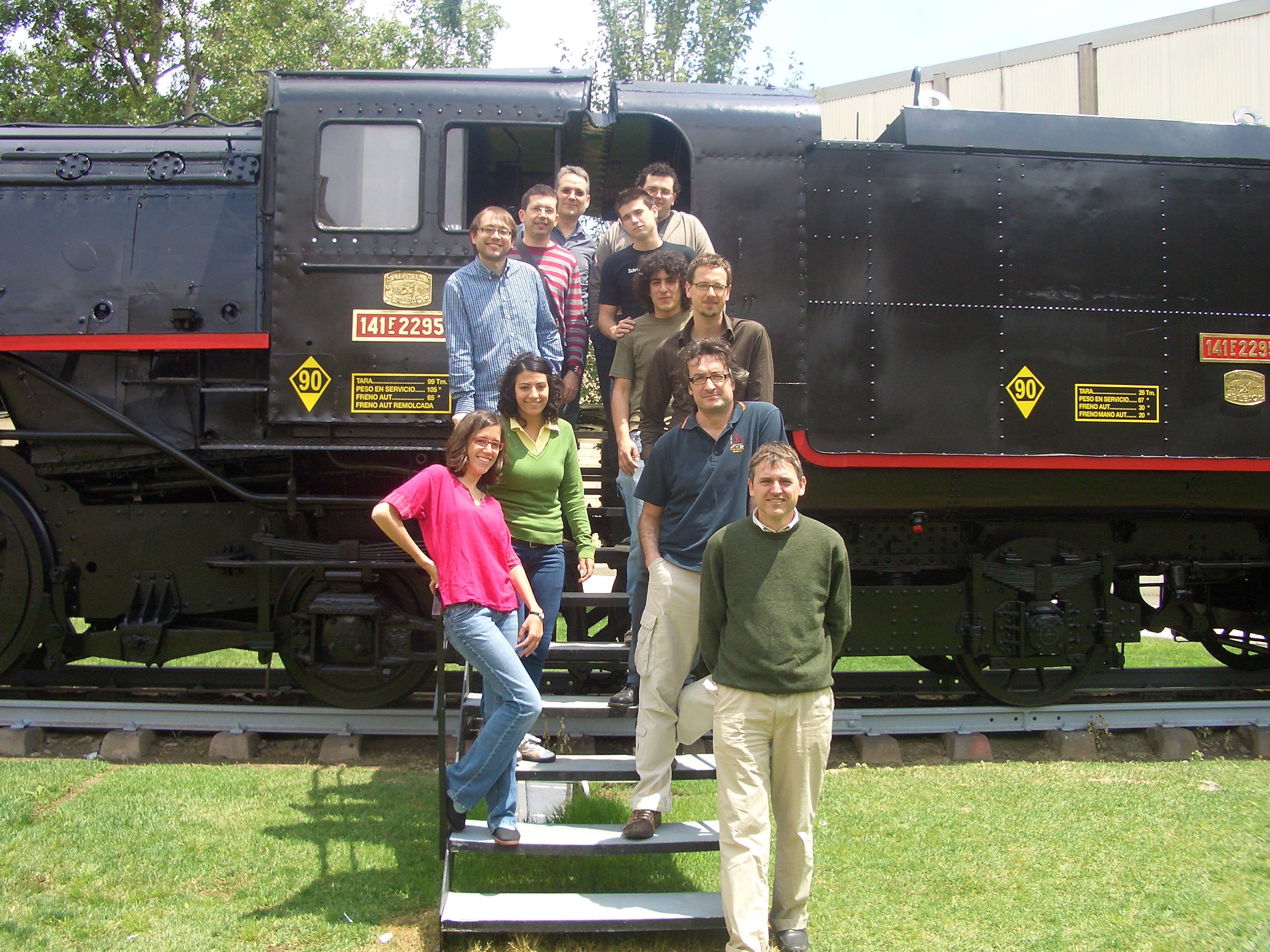Team:Valencia
From 2008.igem.org
| Line 46: | Line 46: | ||
* [http://www.uv.es/cavanilles Institut Cavanilles de la Universitat de Valencia] | * [http://www.uv.es/cavanilles Institut Cavanilles de la Universitat de Valencia] | ||
* Project Ingenio mathematica [http://www.i-math.org/?q=en i-math] | * Project Ingenio mathematica [http://www.i-math.org/?q=en i-math] | ||
| + | * European community's Seventh Framework Programme (FP7/2007-2013) under /grant agreement/ nº 212894. Targeting enviromental pollution with engineered microbial systems ''à la carte'' ([http://gydb.uv.es/tarpol/ TARPOL]) | ||
Revision as of 15:31, 29 October 2008
|
Valencia iGEM '08 Team heats it up in your lab!!! Tired of forgetting to keep our plates on the stove and therefore losing all of our work we thought, wouldn’t it be great to have culture that heats itself up? This idea was the basis for our project. We aim to express transmembrane protein UCP in Saccharomyces cerevisiae and be able to record a temperature increase using a calorimeter. In a second phase, we will implement a regulatory system for the temperature from both an upper and lower limit.
Abstract The present project aims to demonstrate that the temperature of a microbial culture might be modulated through the expression of the mammalian uncoupling protein UCP-1. Saccharomyces cerevisiae strains genetically modified to express wild type UCP-1, mutant sequences with increased uncoupling activity, as well as a control strain were cultured in an Liquid Culture Calorimeter (LCC) we developed. The system consisted of a modified thermo flask with an inserted thermocouple allowing real-time accurate temperature measurements. Different conditions, such as initial densities, amounts of inductor, or shaking speeds were tested. We succeeded to obtain significant temperature increases in the mutant strains compared with the other strains. We also developed an effective model of our system. Although the system is not always stable and might be sensitive to external perturbations, this is the first time a significant increase in temperature associated to UCP-1 expression in yeast is reported.
Acknowledgements
|
|
 "
"


